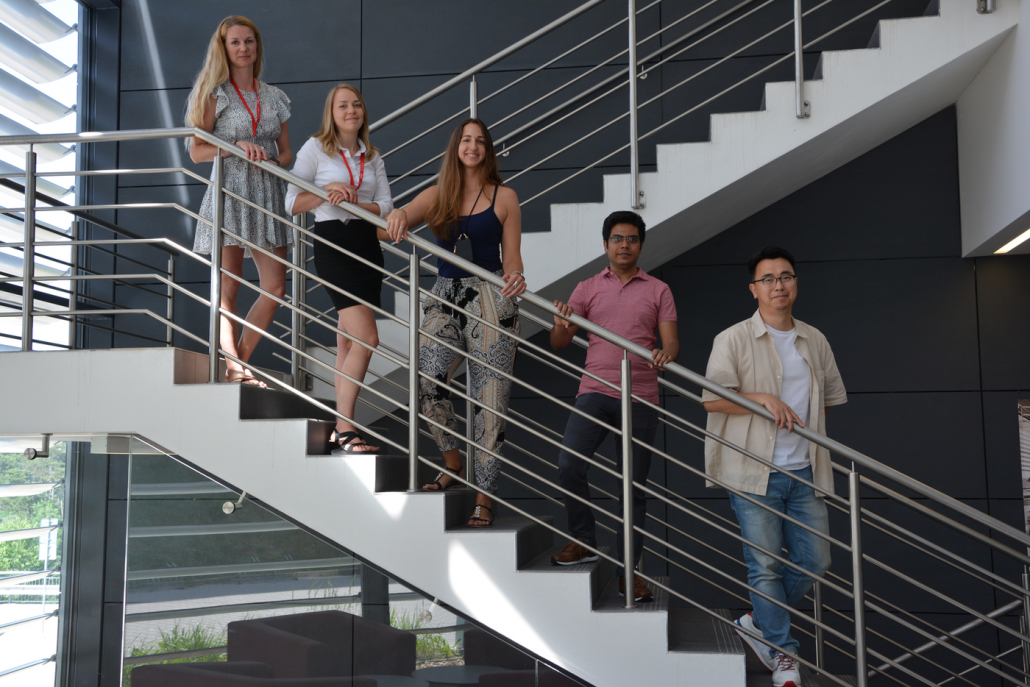Day in the life of Research Scientist – Sofia Morazzo
A typical day starts with going over the experimental planning of the day, and then starting the experiments or data analysis, studying, or writing scientific papers. There is some flexibility and some level of control over your day. However, all experiments are very time-consuming and require a constant level of attention to detail, keeping track of your timings, and great planning. Almost every task is time-consuming, from planning the experiments, to doing them, redoing them, analyzing the data, and so on. It is common to be doing more than one experiment at a time and so sometimes the juggling can go wrong.
My research is focused on studying the molecular mechanisms in the invasion process of breast and lung cancer. In research, we each focus on a very narrow subject, on a specific group or even just a single protein, and try to determine the impact it has on different cellular processes. This helps us find new diagnostic tools, new treatments and potentially even cures.
I, personally, work with different techniques, so there is no specific routine, which is something I enjoy. But for instances, a day could be, starting in the morning with taking care of orders necessary for my research and replying to emails. Then I would go to a laminar flow hood to work with my cell cultures, either to maintain them or to perform experiments on them. After the experiment is done, I could extract protein from my cells, then do protein quantification and prepare the samples to run on what we call gel electrophoresis or Western Blot.
After this experiment is done, I would block and incubate the resulting membranes to evaluate the next day. Other times the experiment could be to fixate my cells and incubate with specific antibodies to visualize using a confocal microscope. Or I could be cloning my cells with specific genes and then tracking their effect using live imaging or some biochemical assay. Other times I will be receiving training in either some specific equipment or technique or in overall topics specific to my fields through webinars and conferences.
Working overtime is also very common and when working with living disease models (cell cultures, mouse models) working the weekends is also normal.
It’s also busy, hard work, and a lot of stress due to the constant stream of deadlines but also rewarding and exciting when you finally get some nice results and definitely always a nice challenge. The great part of doing research is to satisfy curiosity and the challenge of figuring out how to get the answers you seek.
Sofia Morazzo (in the middle) and Molecular Control of Cell Signaling Research Team.



